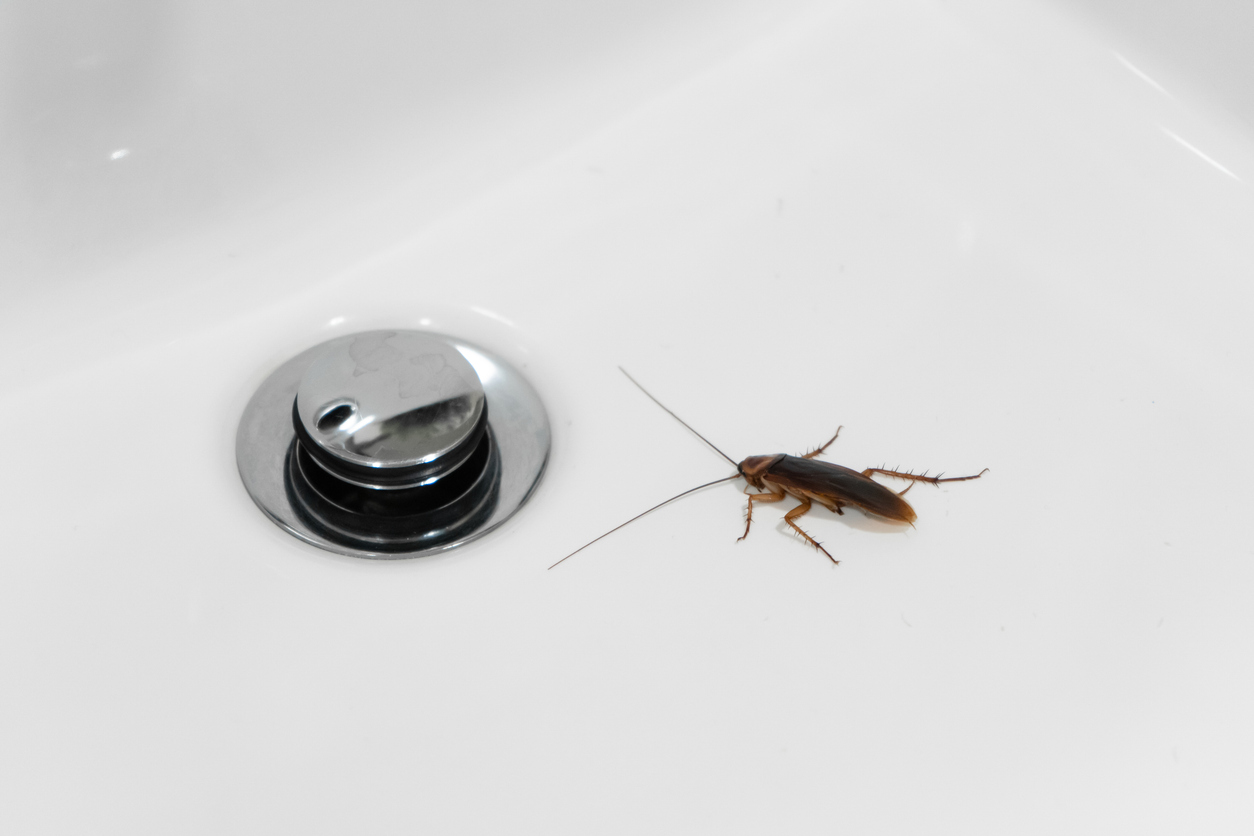Stark Answers Your Burning Bug Questions
In the world of pest control, insects tend to come with more questions than answers. And it can be hard to separate fact from fiction — especially when so many “truths” about bugs are just myths in disguise.
To set the record straight, we turned to our very own Region Technical Training Manager, Al Demby, BCE. As a Board Certified Entomologist, Al is here to shine a light on the truth behind your burning bug questions.
Can Insects Sense Your Fear?
Thankfully, no.
Insects can’t feel human emotions. Their nervous systems are very basic, and they act purely on instinct. If it ever feels like a bug “comes at you,” it’s usually because you just happened to be in the way of their escape route. So even if you do feel afraid around them, insects won’t swarm, fly, or crawl toward you because of that.
Can Cockroaches Really Live for a Month Without Food?
This one is true. Roaches, like other insects, can slow their metabolism when food is scarce, which helps them survive long periods without eating. Water, however, is a different story.
Cockroaches can only go about a week without water, so they still need that to sustain themselves in the absence of food. But since they prefer moist environments, they usually have an easier time accessing water.
Do Carpenter Bees Sting?
Yes, but it’s usually a last resort.
Carpenter bees are capable of stinging, just like other bees, but they typically prefer not to because stinging can be fatal for them. Instead, they’re more likely to act aggressively to intimidate humans. They’ll often “dive-bomb” when someone gets too close to their nesting galleries.

Can Cockroaches Come Up Through Your Drains?
This one is gross — and true. The type of waste disposal system in your house determines the kind of cockroach that could come up through a drain.
Homes on a sewer system are more likely to have Oriental cockroaches, while homes on a septic system may get Smoky Brown or American cockroaches. If roaches are regularly coming up from drains, it may indicate a crack or opening somewhere in the plumbing line. In that case, a plumber may be needed to check the system. One easy prevention step is to use a drain plug when the drain isn’t in use.
Do Bats Actually Get Tangled In Your Hair?
This is a long-standing myth meant to keep people from going out at night. Bats use echolocation to navigate incredibly precisely and avoid obstacles, so they won’t get tangled in your hair. If you find that bats are flying close to you, it’s usually because insects are nearby. So the bat is simply following its food source — not your hairstyle.

Does Leaving the Lights on Help Keep Mice Away?
Nope! While rodents prefer darkness to stay hidden from predators, they will move freely in the light if they feel safe in their environment. Rodents can and do become accustomed to lights being on when they are active. So if mice have already chosen your home as a shelter, leaving a light on won’t deter them.
Are Spiders Actually Helpful Pests?
In most cases, spiders actually are beneficial.
Many spiders set up their webs near outdoor lights because insects use the brightest light source they can find to orient themselves. Spiders take advantage of that behavior and catch all the other insects attracted to the light. So while they may not be everyone’s favorite, most spiders are quietly helping reduce other pest populations around your home.
Do Insects Die Off in the Winter?
It depends on the circumstances. Insects exposed to sustained freezing temperatures for around 72 hours can die because their internal fluids (hemolymph) crystallize, essentially forming tiny, sharp structures that damage vital organs. However, many insects survive winter by finding shelter, going dormant, or developing cold-resistant adaptations.
Have a Question We Didn’t Answer?
Our experts are ready to help. If you have questions or concerns about a pest problem in your home, contact us to schedule a free pest inspection.






 YouTube
YouTube Facebook
Facebook Twitter
Twitter